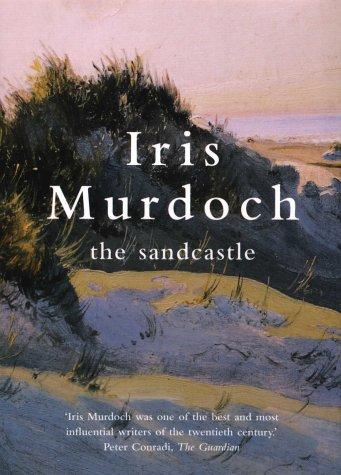sdogood reviewed Way of Effortless Mindfulness by Loch Kelly
Review of 'Way of Effortless Mindfulness' on 'Goodreads'
5 stars
I had practiced conventional breath-based meditation, which the author calls "deliberate mindfulness meditation", for several years before reading this book. I had made progress using the deliberate method, but I was able to rapidly achieve much more using the effortless mindfulness method advocated here. Perhaps the conventional approach is adequate for many people, but in my case it was only partially effective and somewhat cumbersome, requiring very frequent reintervention of the witness part of oneself.
I seldom read a book more than once, but after the first reading and doing the "glimpses" I put it aside and came to realize that I carried with me a new spacious awareness much of the time and belatedly realized it was due to doing the glimpses. I went back and reread it twice to fine-tune my awareness, insuring that it was based on compassion too. The method is not difficult to follow and …
I had practiced conventional breath-based meditation, which the author calls "deliberate mindfulness meditation", for several years before reading this book. I had made progress using the deliberate method, but I was able to rapidly achieve much more using the effortless mindfulness method advocated here. Perhaps the conventional approach is adequate for many people, but in my case it was only partially effective and somewhat cumbersome, requiring very frequent reintervention of the witness part of oneself.
I seldom read a book more than once, but after the first reading and doing the "glimpses" I put it aside and came to realize that I carried with me a new spacious awareness much of the time and belatedly realized it was due to doing the glimpses. I went back and reread it twice to fine-tune my awareness, insuring that it was based on compassion too. The method is not difficult to follow and the author has carefully structured the steps required.
Many people will likely be reflexively skeptical of the concepts and terminology and write it off as self-centered gobbled-gook, but that will be a huge mistake because the outcome of the methods is broader awareness, a compassionate connectedness to other people and the world beyond oneself. It is important to suspend any preconceptions you may have when beginning to use these methods and give them the benefit of the doubt. There is one study, described in the book, that provides data-based support for the approach.
When I find something as interesting and beneficial as this I like to read more, so I wish the author had added suggestions for further reading, perhaps including any available original sources for the method within the Tibetan Buddhism where the author learned these methods. Also, the author refers to the outcome as "awake awareness" which I found to be less telegraphically descriptive that "nondual awareness" or "nondual mindfulness", which captures the way in which the method removes or at least blurs the subjective wall dividing awarnesses of what in inside and outside yourself. These are only minor issues though. Loch Kelly has made a wonderful revolutionary guide that merits a wide audience.















